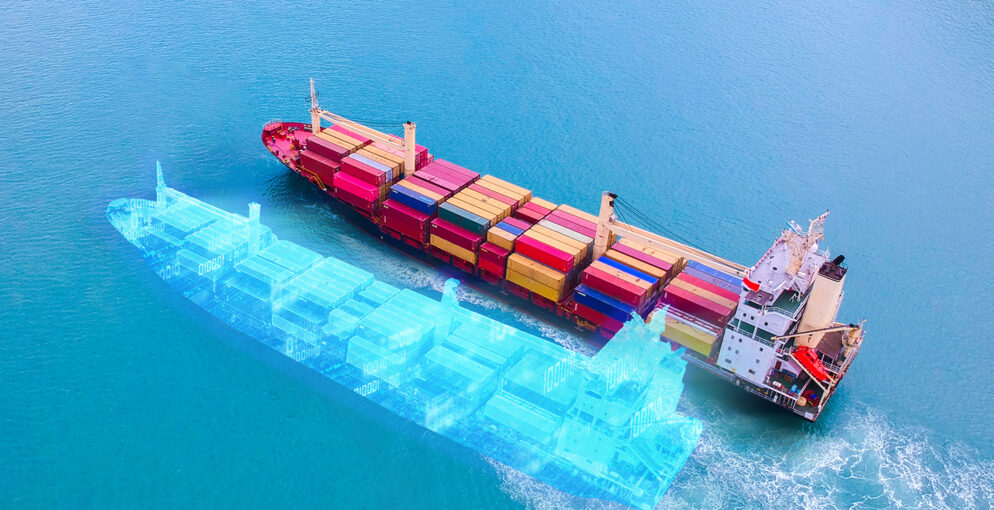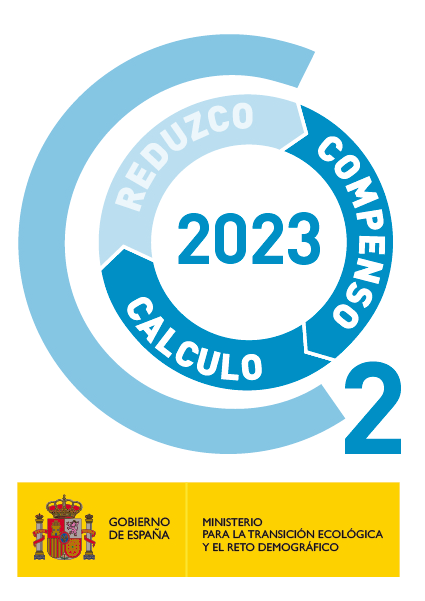The European DT4GS project validates, through virtual replicas of ships and their systems, how digital coordination between ships and ports can reduce fuel consumption and emissions
Valencia, 14 July 2025. – Fundación Valenciaport has recently concluded its participation in the European project DT4GS (Digital Twin for Green Shipping), an ambitious initiative financed by the Horizon Europe programme, whose objective has been to accelerate the decarbonisation of maritime transport through the use of digital twins.
During the 36-month project, 21 partners from 10 European countries have worked together to design and develop a comprehensive digital twin modelling methodology that combines multiple variables affecting ship performance, including weather conditions, hull efficiency and engine performance, among other aspects.
Fundación Valenciaport has led the development of the Living Labs, real experimentation spaces, which have made it possible to validate advanced use cases in collaboration with shipping companies such as Euronav, Danaos, Baleària and Star Bulk.
One of the most outstanding results has been the validation of the Just-in-Time (JIT) Arrivals concept, which allows improved coordination between ships and ports to reduce fuel consumption, emissions and waiting times in port. Thanks to the integration of digital systems and interoperability between digital ship twins and port platforms, a reduction in energy consumption and an increase in operational efficiency has been demonstrated.
The project has also developed an open and transferable digital twin infrastructure, with more than 30 models publicly available in the digital library: models.dt4gs.eu, which will allow other actors in the sector to replicate and adapt these solutions.
As a legacy, the DGS Alliance is also being launched, an initiative that will promote the adoption of digital technologies in shipping, fostering collaboration, standardisation and regulatory compliance for more sustainable transport.


